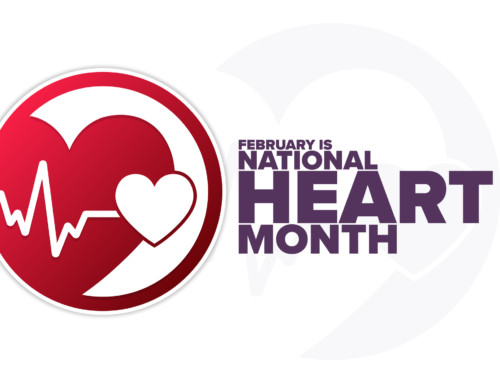 One good thing about a cold is it does not require medical attention unless it progresses into something bacterial like a sinus infection. Keep your immune system functioning its best by eating lots of fruits and vegetables, cutting down on sugar intake, drinking plenty of water, exercising, and getting the proper amount of sleep each night.
One good thing about a cold is it does not require medical attention unless it progresses into something bacterial like a sinus infection. Keep your immune system functioning its best by eating lots of fruits and vegetables, cutting down on sugar intake, drinking plenty of water, exercising, and getting the proper amount of sleep each night.
If you happen to get a cold there are several things you can do to help lessen the symptoms:
- Get plenty of rest
Ease up on extra curricular activities until you feel better.
- Stay hydrated
Drink plenty of water or clear broth. If you are congested try sipping warm lemon water with honey to help loosen mucus.
- Minimize nasal stuffiness
Using over-the-counter (OTC) saline nasal drops and sprays can help relieve stuffiness and congestion. If you have a neti pot you can use that instead. Be sure to follow the instructions properly. Nasal strips, worn across the bridge of your nose, can help open nasal passages.
- Soothe a sore throat
Try gargling with saltwater (1/4 to 1/2 teaspoon of salt dissolved in 8-ounces of warm water.) Ice chips, lozenges, or sore throat sprays can help, too. Don’t give lozenges to young children because they could choke on them.
- Moisten the air
Especially during the winter, air in your home can become dry. Use a cool mist vaporizer or humidifier to add moisture to the air. This can help loosen chest and nasal congestion. Be sure to change the water daily, and follow the manufacturer’s instructions for cleaning so mold and mildew do not grow in the unit thereby worsening your symptoms.
- Relieve pain
If you have achy muscles, fever, or other pain, adults can take acetaminophen, ibuprofen, or aspirin. For children 6 months and younger, acetaminophen is the only acceptable pain reliever. Children over 6 months can take acetaminophen or ibuprofen. If you don’t need a pain reliever, don’t take one. A fever is the body’s way of destroying the virus.
- Over-the-counter (OTC) cough and cold medicines
If none of the above work for you, you can always try OTC decongestants and antihistamines for symptom relief. These medicines should not be your first line of defense however, since most have side effects. Take medications only as directed.
During cold and flu season be sure to take extra care to eat properly, get enough sleep each night, get plenty of exercise, and learn to deal with stress so you will be less susceptible to the cold virus.





